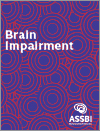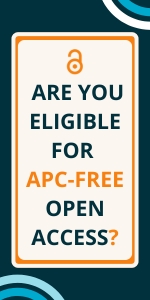In peer support, a working alliance – or collaborative relationship between mentor and mentee – facilitates better health outcomes for participants. Our study aimed to examine working alliances in traumatic brain injury peer support; findings indicated working alliance is facilitated through conversations that validate an individual’s experiences of traumatic brain injury, and personal growth in self-acceptance and hope of both the peer support receiver and worker. Findings inform traumatic brain injury peer support programs of key design considerations to increase working alliance.
This article belongs to the collection: Collaboration, Co-production, & Co-design: Moving Ahead in Brain Impairment.
IB24142 Abstract | IB24142 Full Text | IB24142PDF (495 KB) | IB24142Supplementary Material (153 KB) Open Access Article





